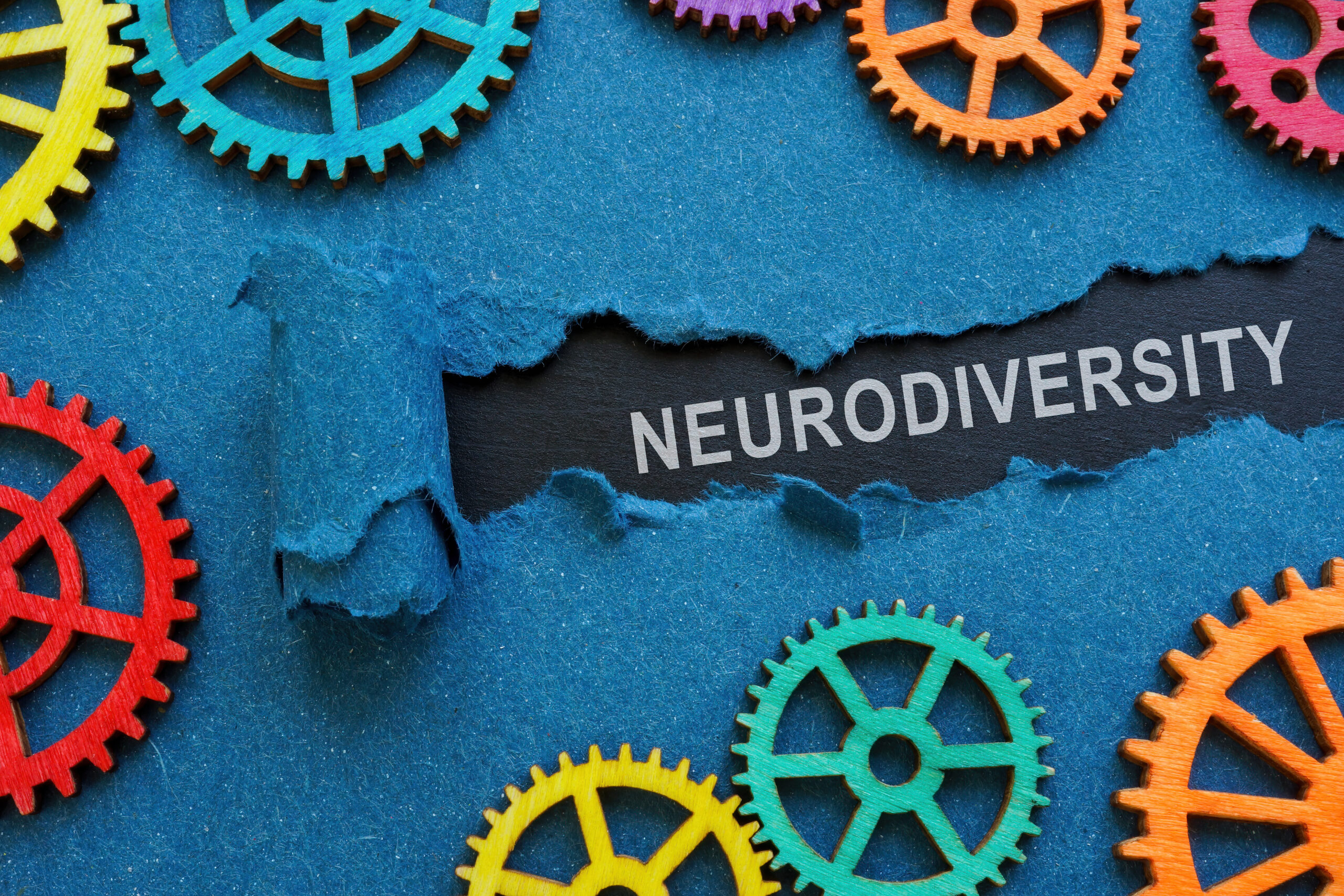Description
Neurodiversity: A Framework for Teaching and Learning – A Webinar Series
Presented by Hannah Markos with Special Guest Alexandra Jassin
This series offers an introduction to the neurodiversity movement, including its origins, history, evolution, key concepts, and vocabulary. Participants will receive a facilitation guide that provides structure for applying new learning to professional and teaching practices both in service to students receiving special education and in honoring the neurodiversity inherently present in all spaces where students learn. Recordings can be viewed as stand-alone trainings or as a series which builds and expands upon foundational knowledge related to neurodiversity.
Session 1:Intro the the Neurodiversity Movement
This webinar will draw upon the voices of neurodivergent researchers, writers, and activists to offer a better understanding of the neurodiversity movement, models of disability, and relevant terminology. It will also offer guidance for moving one’s professional practice forward in an increasingly neurodiversity affirming direction.
Session 2: Trauma Informed & Neurodiversity Affirming Practice
This webinar will provide insight into the experience of trauma, factors that support the development of resilience, and the unique importance and specific application of these concepts when viewed in the context of neurodivergent identity. Participants will learn about universally supportive strategies and frameworks for trauma informed and neurodiversity affirming practices that can be applied immediately.
Session 3: Implicit Bias, Structural Inequities & Reflective Practice
Weaving together current research, seminal historic studies revisited through a neurodiversity lens, and strategies for reflection, this recording will support participants in analyzing the relationship between their authentic beliefs and their conscious and unconscious actions. Participants will learn strategies for addressing implicit bias, building a reflective practice, and helping to remove unnecessary barriers to learning that disproportionately impact neurodivergent students.





